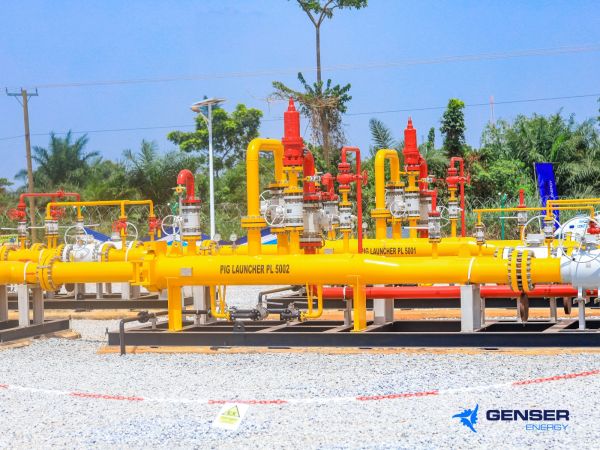
State Housing Company (SHC) Chief, Kwabena Ampofo Appiah, was in London recently to speak at the Ghana Investment Opportunities summit, presenting to potential investors opportunities for investment in the burgeoning housing sector.
Ghana currently has a severe housing deficit of about 2 million homes, with the acuteness of this situation being felt particularly by lower and middle income families. To bridge the gap it is estimated 400000 homes need to be built annually for the next five years.
This is a target that the government through its developing agencies can’t meet on their own hence the government’s invitation to the private sector to join in the effort. Access to housing is difficult, particularly in urban areas where 58% of the population now live.
Housing is far from affordable, with landlords normally demanding two years rent up front. With urbanisation running at an annual rate of 3.3% the current situation is unsustainable. According to statistics, only 5% of the urban population are able to provide for their housing need without any support.
With some form of government subsidy, it is estimated that at least 60% would be able to provide for their housing need. The remaining 35% would not be able to afford homes even with government subsidies. For ownership to be a realistic ambition.
State Housing Company, a government organ, has an ambitious plan to close the housing deficit, providing affordable homes for lower and middle income families via government subsidy. With an emphasis on quality as well as affordability, SHC is targeting, in the short and medium term at least, the 60% of those who could afford a home with the government providing some form of limited subsidy.
In the longer term, SHC aims to look at providing housing for the 35% requiring a much heavier subsidy or rental options to meet their housing need.
Much of Ghana’s current housing stock is of poor quality consisting of shacks, shipping containers, kiosks and assortment of other ragtag structures constructed and located in a slapdash manner without recourse to infrastructure.
The result is often shantytowns that are a blight on the landscape and not fit for human habitation. SHC homes are built to high specifications and minimum space standards, ensuring that quality of life for occupants is not compromised.
Despite the government implementing an Affordable Housing Programme in 2006, the project initially failed to take off, with many promising projects stymied by a lack of coordination between institutions and stake holders, lack of access to finance and a reliance on imported building materials as well as an associated escalation in their cost.
These cost increases were underpinned by an overall lack of policies and strategies targeted at the critical components that impact on the cost of housing units in the short and the long term.
Learning from the mishaps of earlier projects, The government have gone into partnership with the private sector to help achieve its aims, as well as utilising technology that allows processes and procurement to be as cost-effective as possible.
From securing land banks, to providing infrastructure services, mortgages and rent-to-own schemes, SHC serves as a one-stop-shop in the construction and purchasing of homes fit-for-purpose. When it comes to land, traditionally a bone of contention in Ghana, SHC carries out open liaison with all stakeholders – Ministry of Lands and Natural Resources, Lands Commission and traditional rulers.
For the secured land, infrastructure is planned and provided in conjunction, together with engagement with the Ministry of Finance through the Joint Technical Committee that considers how the government can absorb the infrastructure component for commissioned projects. A thread of “joined-up-thinking” is par for the course.
SHC has developed a model that makes owning a decent home a realistic ambition for the majority of Ghanaians. Generous government subsidies, as well as tax-breaks for developers, is a fillip for the construction industry serving as a wider vehicle for investment and job creation.
It is an industry that is only set to grow, satisfying both the demand and supply sides of the industry in a mutually beneficial partnership.
Authur
Kwame Gyamfi
Freelance Journalist
London, United Kingdom











